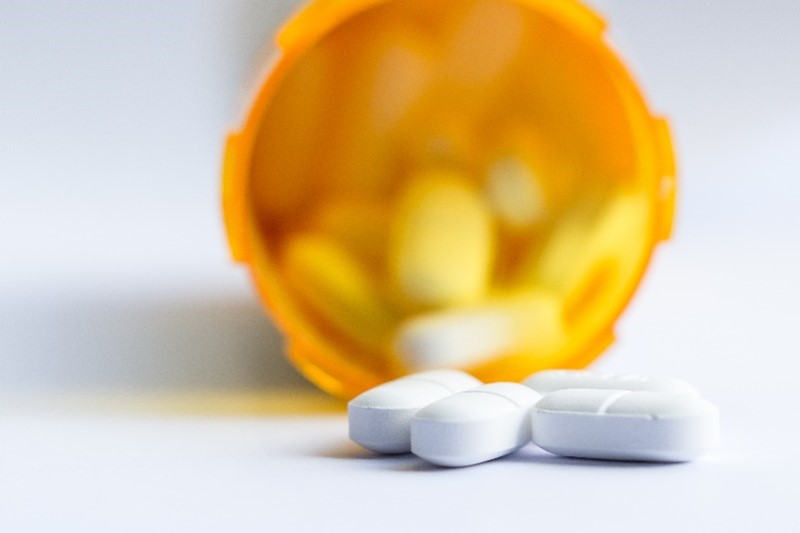
We’re in the midst of a major public health crisis; the opioid epidemic. In 2020, drug overdose deaths in the U.S. surged nearly 30%, the result of a deadlier supply of opioids combined with the destabilizing effect of the COVID-19 pandemic[1].
Opioid use disorder is a medical condition that can affect any race, gender, income level, or social class. But no matter the circumstances, recovery is possible.
Each August, International Overdose Awareness Day falls on the 31st of the month. This is the world’s largest annual campaign to end overdose and the stigma surrounding those who have died. Below are facts and resources about opioids and opioid abuse.
Prescription opioids can be used to treat moderate-to-severe pain and are often prescribed following surgery or injury, or for health conditions such as cancer[2]. In recent years, there has been a drastic increase in the acceptance and use of prescription opioids for the treatment of chronic, non-cancer pain, such as back pain or osteoarthritis3. This expanded usage has continued despite serious risks and a lack of evidence about the long-term effectiveness of opioids and has contributed greatly to the epidemic.
Some of the most commonly prescribed opioids include hydrocodone, oxycodone, oxymorphone, morphine, codeine, fentanyl, hydromorphone, tapentadol, and methadone[2]. The surge of drug overdoses in 2020 was largely due to a proliferation of fentanyl, a strong synthetic opioid whose use has increased across the nation[1].
Signs of Opioid Addiction
A major warning sign of addiction is if a person continues opioid use even if it has caused problems like trouble keeping a job, relationship turmoil, or run-ins with law enforcement[2]. Other signs may include[2]:
Everyone can play a role and take action to help end the opioid overdose epidemic[2]:
Resources
Here are resources from the CDC on how to find treatment providers near you:
Recovery resources from the CDC:
Preventative Measures
Talk to your doctor about ways to manage your pain that do not involve prescription opioids. If you are prescribed opioids, make sure to store them in a safe, hidden place where others (family, children, friends, visitors, etc.) cannot find them. If you have unused prescription opioids at the end of your treatment, find your community drug take-back program or your pharmacy mail-back program, or flush them down the toilet, following guidance from the Food and Drug Administration.
Never take prescription opioids more often than prescribed, or in greater amounts than prescribed. Also, never take opioids with alcohol and other substances or medications.
How AFSPA Can Help
Foreign Service Benefit Plan members: If you or someone you know is struggling with opioid misuse, try our Health Coaching Program. The Health Coaching Program provides you and your covered dependents the opportunity to work one-on-one with a Health Coach. To enroll in a program, contact a Health Coach at 855-406-5122 or 479-973-7168. Coaches are available Monday through Thursday from 8:00 a.m.– 10:00 p.m. Eastern Time (ET) and Friday from 8:00 a.m.– 6:00 p.m. ET. You may also enroll online at http://enroll.trestletree.com (passcode: FSBP).
We also partner with Express Scripts and Aetna to support members struggling with opioid misuse. Learn more or get help by calling 800-593-2354.
[1] https://www.wsj.com/articles/u-s-drug-overdose-deaths-soared-nearly-30-in-2020-11626271200
Copyright © 2025 All Rights Reserved by AFSPA.